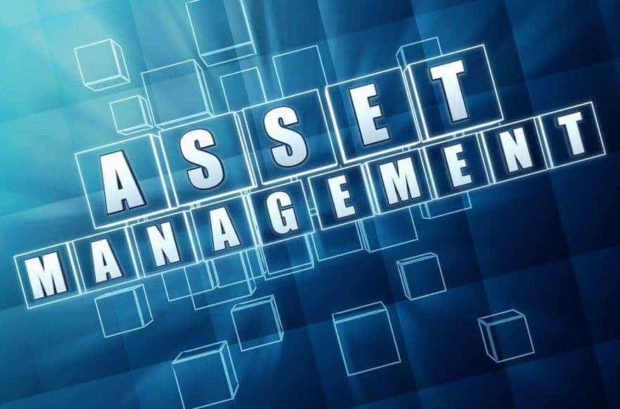
Every year I’m in practice, I’m further convinced that fundamental asset protection begins with implementing affordable, tried and true strategies and simple habits. There are laws on the books you can easily implement that will provide you with incredible protection in the event of a claim or lawsuit.
Here are 5 critical strategies to consider as part of your personal asset protection plan:
1. CHOOSE THE RIGHT BUSINESS ENTITY. There will certainly be multiple tax-planning considerations, but operating as a sole proprietorship definitely isn’t your best choice for asset protection. As a sole proprietorship, your personal assets are completely exposed to a potential lawsuit. Setting up an entity, such as an S corporation or a limited liability company is an important step in the development of your business and protection of your assets.
2. MAINTAIN YOUR CORPORATE VEIL. If you’ve set up an entity, don’t think that just having the entity’s articles of incorporation in your drawer will save you when a lawsuit comes knocking. You need to maintain a separate bank account, use the company name on all documents, title the property in the name of the company, and most important, maintain corporate records and along with the minutes of your annual meeting.
3. USE PROPER CONTRACTS AND PROCEDURES. One of the easiest ways for creditors to pierce the corporate veil and attack your personal assets is if you act negligently or fraudulently. This can be avoided by having good lease agreements for your rentals, placing property and equipment titles in the company name, having independent contractor agreements and if hiring employees, make sure you know the employment laws for your State.
4. PURCHASE BUSINESS INSURANCE. Insurance is an important part of your business and should be included in your startup budget. Insurance gives you the ability to take care of an incident in your business, which could cost you thousands of dollars you don’t have. Make sure you get the correct insurance policy for your business as insurance policies are not all the same.
5. CONSIDER THE HOMESTEAD EXEMPTION. One of the most powerful exemptions available is the protection afforded to our individual personal residence, commonly referred to as the homestead exemption. This is a statutory exemption available in most states that protects a certain amount of the value of a person’s home from a creditor or bankruptcy.
For more information on how to legally protect your business please pick up a copy of my book: ‘Go Legal Yourself’ on Amazon or visit my website at
www.baglalaw.com
Contact Kelly at:
(760) 784-9109
Kelly@baglalaw.com




